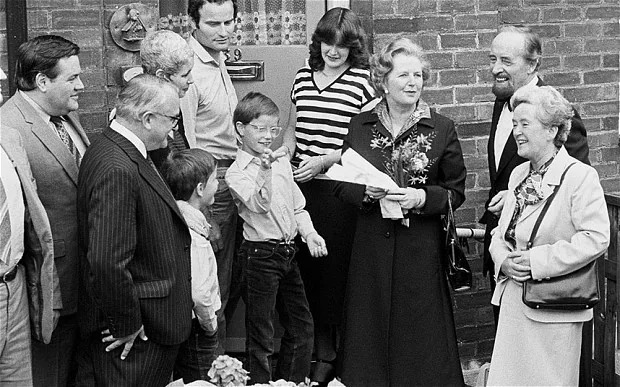
On this day in 1886, the House of Commons rejected Gladstone's first great Home Rule Bill, which would have restored an Irish Parliament and government in Dublin.
Years later George V told his prime minister, "What fools we were not to have accepted Gladstone's Home Rule Bill".
Years later George V told his prime minister, "What fools we were not to have accepted Gladstone's Home Rule Bill".

"We have arrived at a stage", Gladstone warned, "where two roads part, one from the other". One led to tyranny & war; the other to partnership & self-govt. That became a stock Home Rule image, with Gladstone offering the olive branch of peace & the Tories the manacles of coercion 

Home Rule shattered the Liberal Party, creating a new "Liberal Unionist" movt. John Bright declared that "Home Rule means Rome Rule", while Joe Chamberlain warned of "a new foreign country less than 30 miles from our shores, animated with unfriendly intentions towards ourselves". 

Gladstone was accused by his opponents of surrendering to Irish terrorism. Riots broke out in Belfast, and loyalists warned that "Ulster will fight, and Ulster will be right". 

Even the women's suffrage movt fractured over Home Rule. Millicent Garrett Fawcett & Isabella Tod became staunch Unionists, while Josephine Butler warned of divine punishment if England did not pass Home Rule. The main suffrage journal thought it more important even than the vote 

Gladstone urged MPs to "think well, think wisely, think not for the moment, but for the years that are to come" before voting on the bill. Whatever the merits of Home Rule, it's advice govts should consider more often when legislating on UK-Irish relations.
• • •
Missing some Tweet in this thread? You can try to
force a refresh









